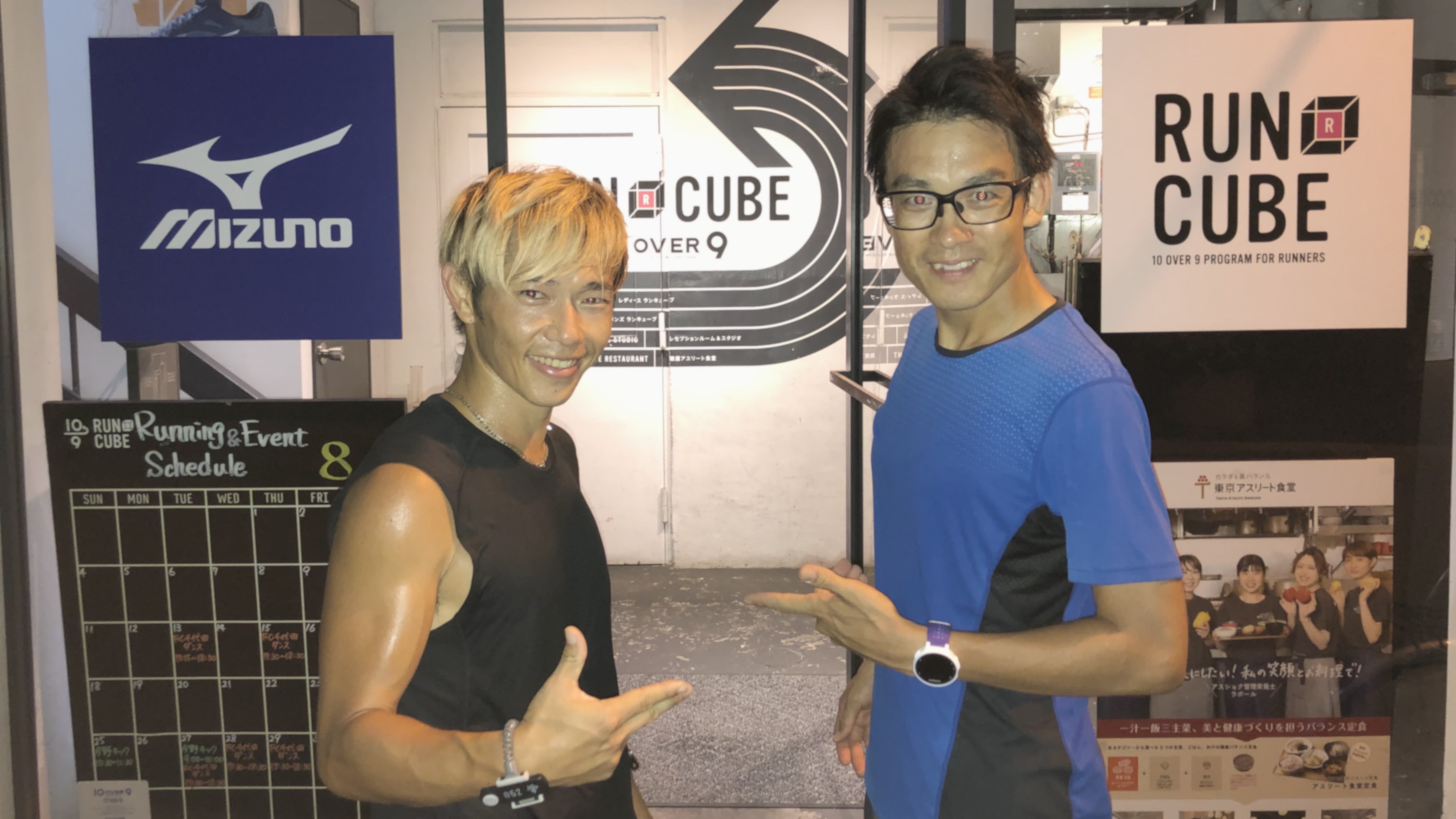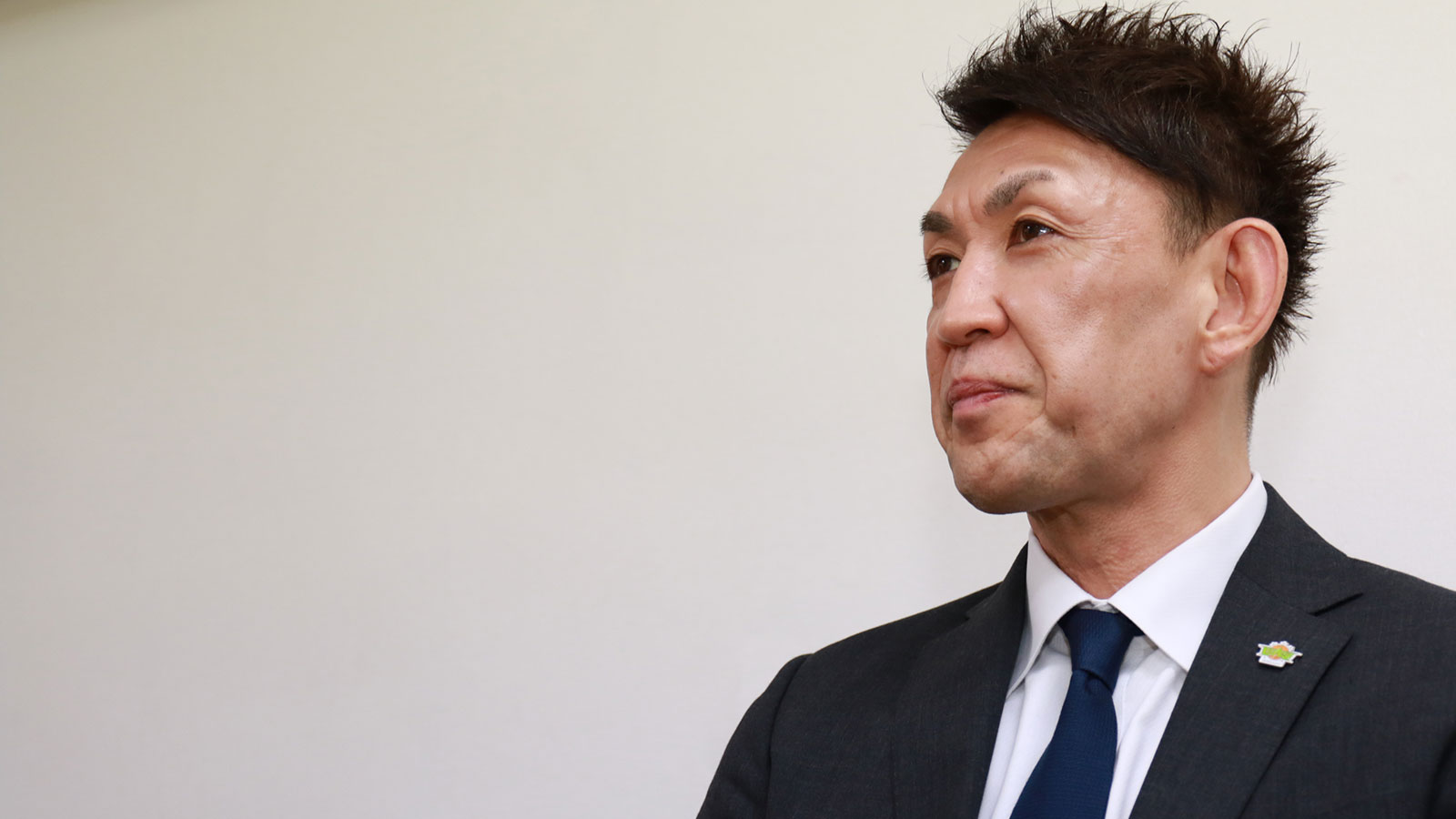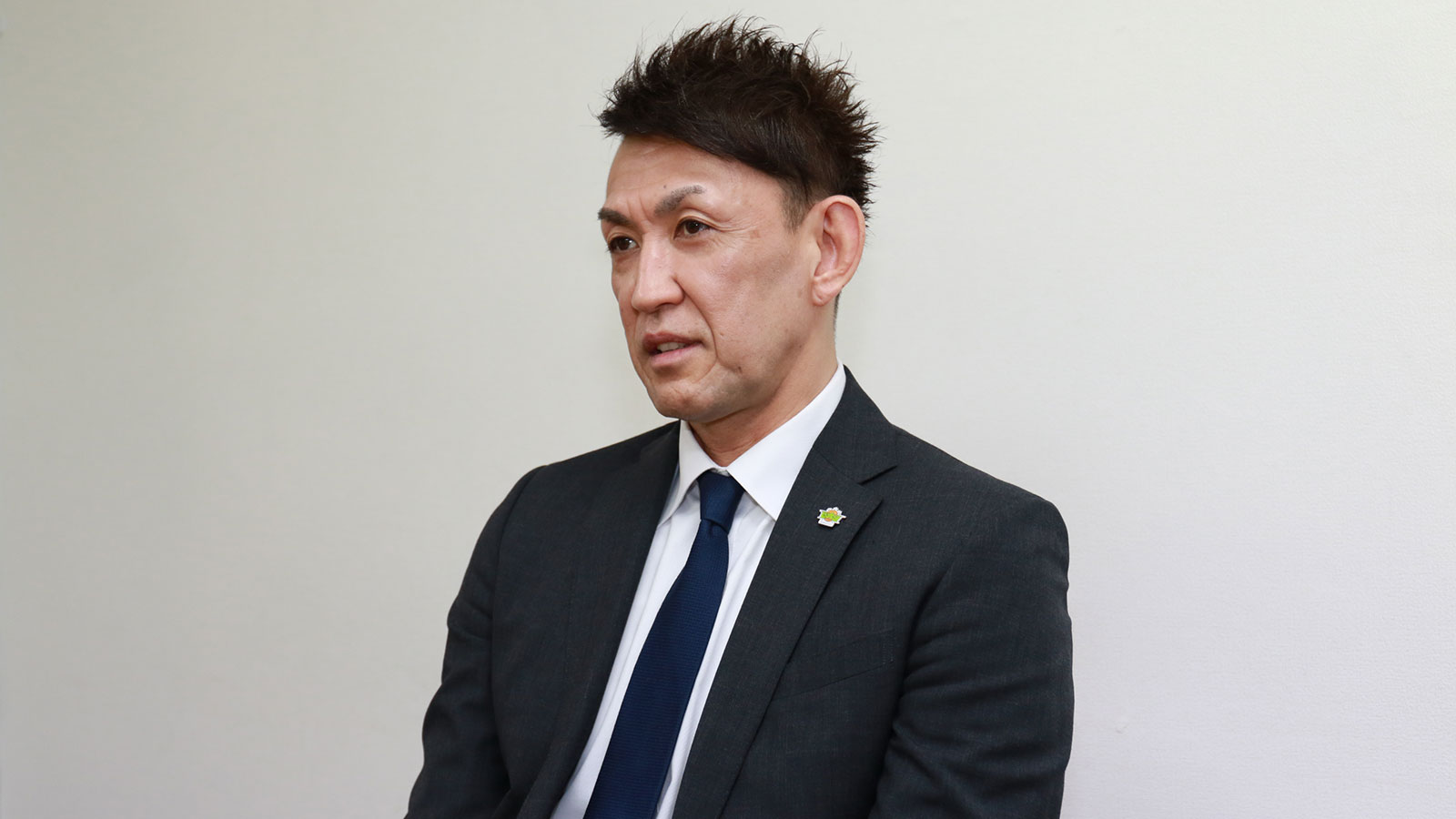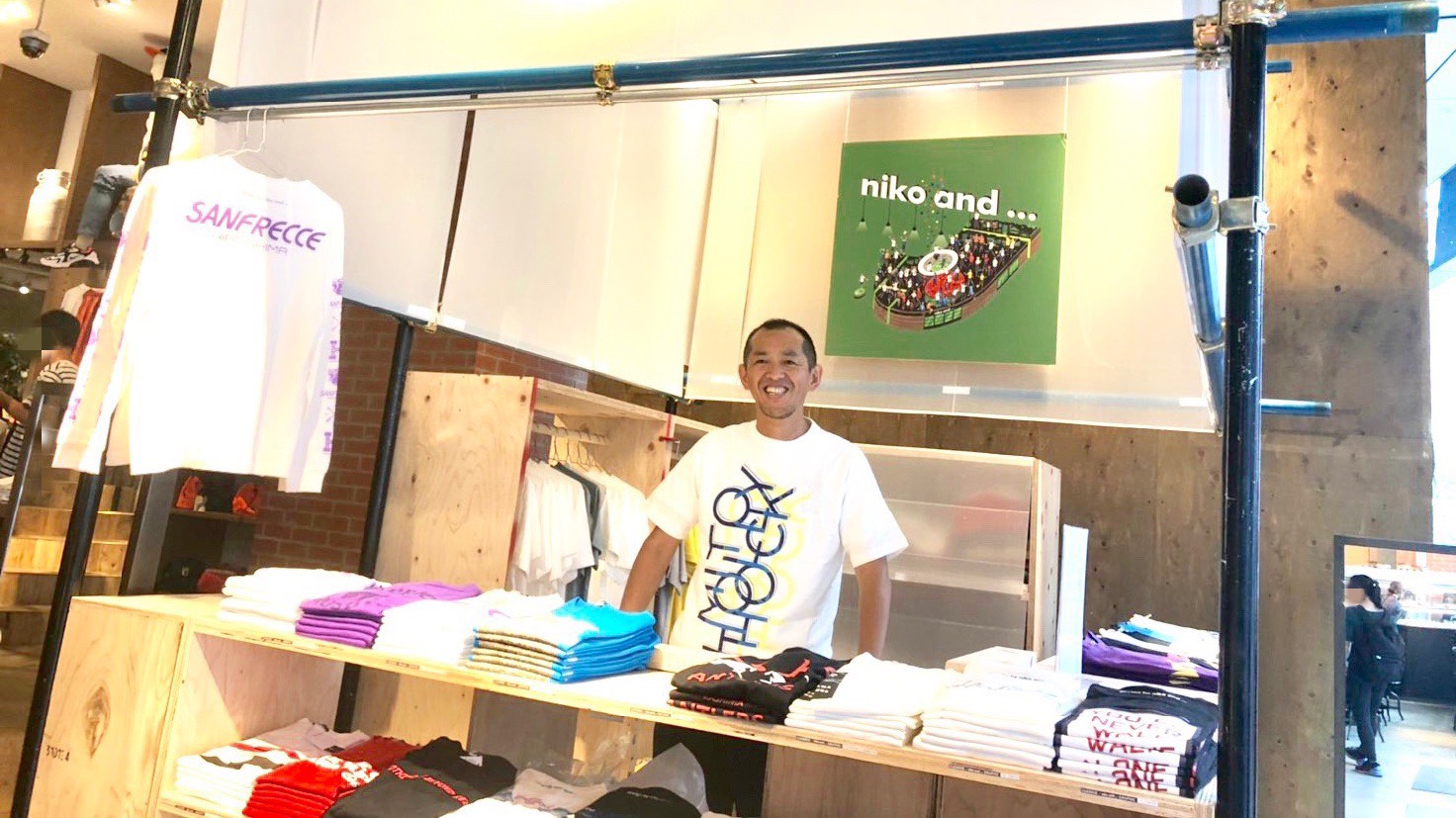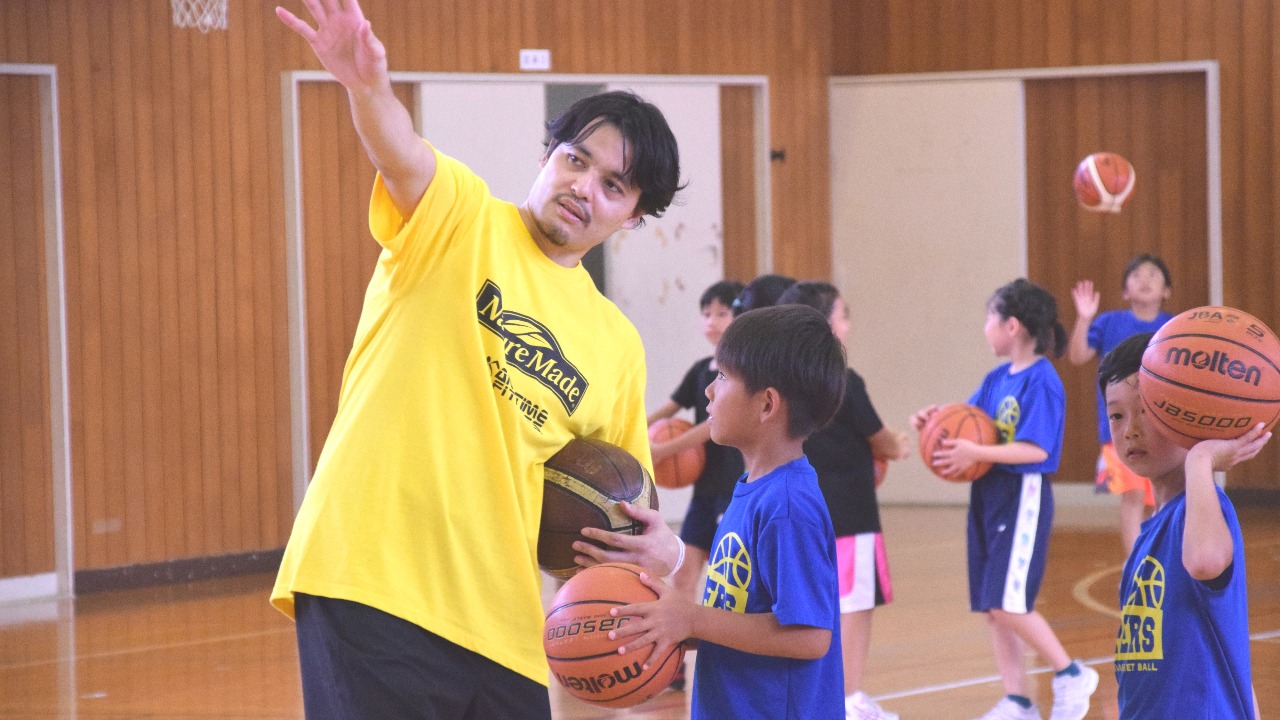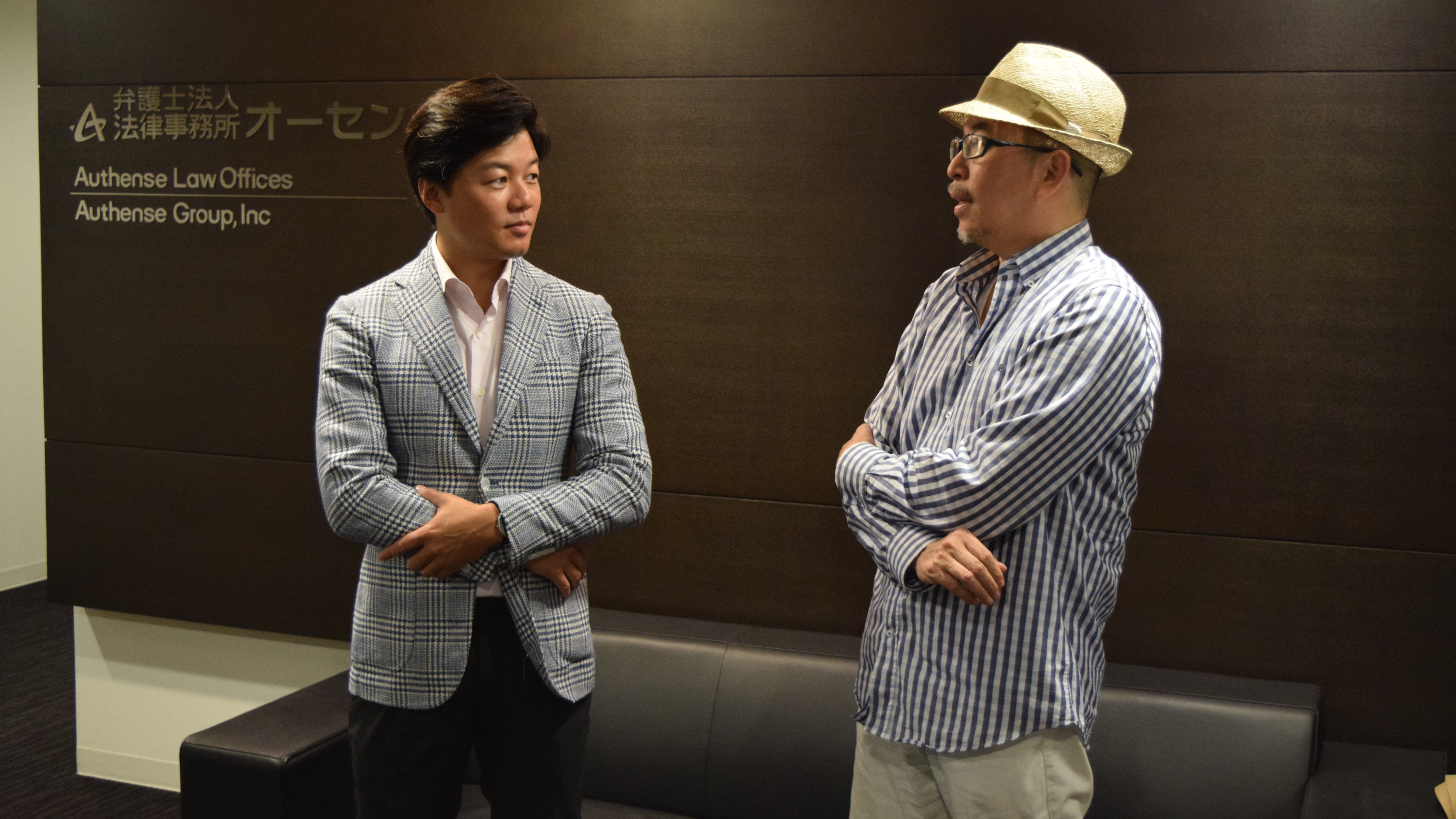
Former Athletic Association Socker Club Member of Parliament! Taichiro Motoei (Member of the House of Councilors & Chairman of Bengo4.com Co., Ltd.) to make the J.League the world's best league "Episode Zero: Tatsuhito Kaneko (Founder of KING GEAR) Vol.3"
For the first installment of this project, we interviewed Kazuhiro Ageo, president of Yokohama FC. Since then, I've been talking to people involved in soccer. Before publishing the article, "Why did you start this project?" Tatsuhito Kaneko, the founder of KING GEAR, and Episode Zero talked about the reason in the first place.
Vol.1 from here
Vol.2 from here
Kaneko: There have been people in the past who jumped from the world of sports to the world of politics.
But in the end, I feel like I've seen many cases where the aura and self-confidence they had when they were in the world of sports were gradually stripped away, they became servile and lowered, and then came back to sports. That's right.
The point is that they can get votes on the side of politics, so I brought them in from the world of sports, but in the end, I feel that they haven't done anything to change sports.
In other words, in the real world of politics, if a person who wants to become a politician does not take action, nothing will come of it.Is there such a politician?
Yuan Rong: Of course you are. Senior politicians will act properly if they understand that this is for the national interest.
In other words, I don't decide my priorities based on my likes and dislikes, so if I can see that this will become a growth industry and one of the new opportunities for growth in Japan's era of low growth, I will take big action. I think I will.
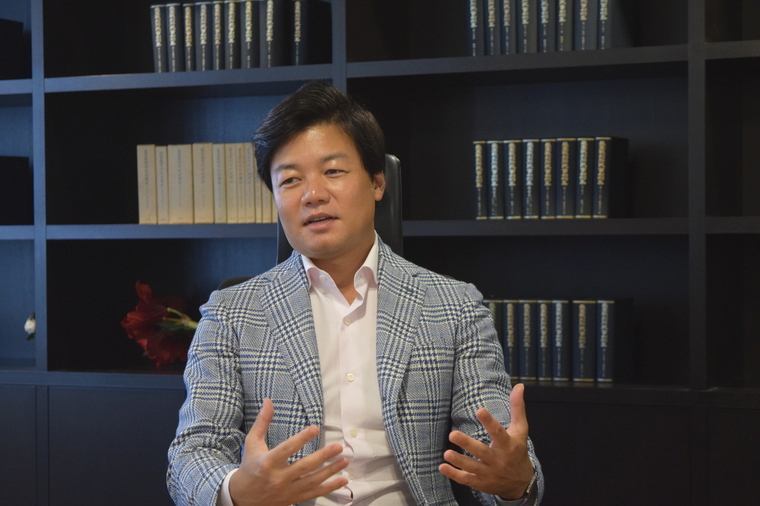
Kaneko: How should we use next year's "Tokyo Olympics"?
I don't think we can ignore the Tokyo Olympics in order to turn Japanese sports into killer content that can appeal to the world.
Great things have happened in the rugby World Cup so far, but nothing has happened for four years, and Nadeshiko Japan has become the best in the world, but they also ignore it. You're throwing away a lot of chances, aren't you?
In the old days, Germany became a tennis superpower thanks to the appearance of Boris Becker, and made the most of the appearance of Becker. However, the Japanese tennis world could not take advantage of Kimiko Date's emergence.
If things go on like this, both Nishikori and Osaka will probably disappear as nothing more than a mere flower of their time.
Despite being blessed with the gift of a star appearing, he has thrown it into the ditch many times without being able to take advantage of it. I think the Tokyo Olympics is also a tenyu, but what should I do not to miss it?
Yuan Rong: First of all, it's more about the athletes than us, but you're about second in the predictions of winning a medal at the Tokyo Olympics, aren't you? If the results are as expected, I think that the national budget can be spent on the development of athletes.
Once results are obtained, it becomes easier for the government to increase the budget.
It costs money to train top players. I think it's important to create opportunities for private sector money to flow properly.
I think that top-class athletes can develop if they have both physical and mental qualities, but I feel that the physical aspects of sports in general are not well taken care of.
Even with soccer, is it really okay to play elementary, middle and high school as a part of physical education and club activities? When I was in junior high school in Germany, the Düsseldorf Japanese School didn't have a soccer club, so I joined a local club team.
And even in elementary and junior high school soccer, there were local men who came to support every match. I feel that there was an environment for nurturing football that took root at the grassroots level.
In order to produce star players in the true sense of the word, I believe that a more specialized training environment is needed, separate from school education.
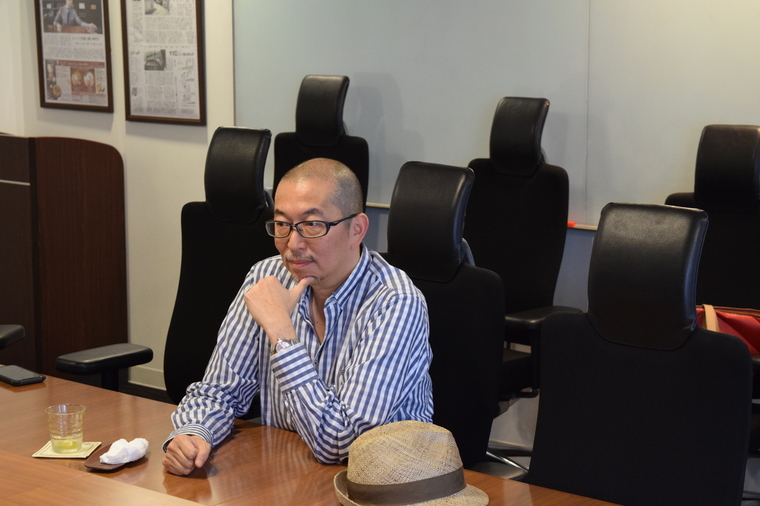
Kaneko: What I would like to ask politicians is that it is expected that Japan may come in second place for medals this time, but it is the United States that is helping us the most to achieve second place. is not it.
In other words, there are many cases where athletes who grew up in American facilities and environments win medals in Japan.
The same goes for Nishikori and Osaka. Marathon runner Suguru Osako is based in the United States, figure skater Hanyu is also based in Canada, and has been raised in the United States.
However, if we really want to become a sports-oriented nation, I would like to have athletes from around the world go to Japan for training. Japan is said to be a tourism-oriented country, but when it comes to sports, isn't it just going overseas?
Of course, we have to create an environment where people come to Japan to watch sports, but I think that if we go to Japan, we can create a facility where we can have the world's best training.
Yuan Rong: First of all, is it a facility? For example, Nishikori has a tennis court. Is that bad?
Kaneko: In the case of tennis, you need opponents and practice partners. There are wonderful facilities, cheaper than the US, and close to Asian countries, so I think it's possible to gather a lot of Asian talent, but first of all, the facilities.
It's not an imitation of what's in America, it's a true Japanese original.
Continue to Vol.4
Vol.2 from here
Kaneko: There have been people in the past who jumped from the world of sports to the world of politics.
But in the end, I feel like I've seen many cases where the aura and self-confidence they had when they were in the world of sports were gradually stripped away, they became servile and lowered, and then came back to sports. That's right.
The point is that they can get votes on the side of politics, so I brought them in from the world of sports, but in the end, I feel that they haven't done anything to change sports.
In other words, in the real world of politics, if a person who wants to become a politician does not take action, nothing will come of it.Is there such a politician?
Yuan Rong: Of course you are. Senior politicians will act properly if they understand that this is for the national interest.
In other words, I don't decide my priorities based on my likes and dislikes, so if I can see that this will become a growth industry and one of the new opportunities for growth in Japan's era of low growth, I will take big action. I think I will.

Kaneko: How should we use next year's "Tokyo Olympics"?
I don't think we can ignore the Tokyo Olympics in order to turn Japanese sports into killer content that can appeal to the world.
Great things have happened in the rugby World Cup so far, but nothing has happened for four years, and Nadeshiko Japan has become the best in the world, but they also ignore it. You're throwing away a lot of chances, aren't you?
In the old days, Germany became a tennis superpower thanks to the appearance of Boris Becker, and made the most of the appearance of Becker. However, the Japanese tennis world could not take advantage of Kimiko Date's emergence.
If things go on like this, both Nishikori and Osaka will probably disappear as nothing more than a mere flower of their time.
Despite being blessed with the gift of a star appearing, he has thrown it into the ditch many times without being able to take advantage of it. I think the Tokyo Olympics is also a tenyu, but what should I do not to miss it?
Yuan Rong: First of all, it's more about the athletes than us, but you're about second in the predictions of winning a medal at the Tokyo Olympics, aren't you? If the results are as expected, I think that the national budget can be spent on the development of athletes.
Once results are obtained, it becomes easier for the government to increase the budget.
It costs money to train top players. I think it's important to create opportunities for private sector money to flow properly.
I think that top-class athletes can develop if they have both physical and mental qualities, but I feel that the physical aspects of sports in general are not well taken care of.
Even with soccer, is it really okay to play elementary, middle and high school as a part of physical education and club activities? When I was in junior high school in Germany, the Düsseldorf Japanese School didn't have a soccer club, so I joined a local club team.
And even in elementary and junior high school soccer, there were local men who came to support every match. I feel that there was an environment for nurturing football that took root at the grassroots level.
In order to produce star players in the true sense of the word, I believe that a more specialized training environment is needed, separate from school education.

Kaneko: What I would like to ask politicians is that it is expected that Japan may come in second place for medals this time, but it is the United States that is helping us the most to achieve second place. is not it.
In other words, there are many cases where athletes who grew up in American facilities and environments win medals in Japan.
The same goes for Nishikori and Osaka. Marathon runner Suguru Osako is based in the United States, figure skater Hanyu is also based in Canada, and has been raised in the United States.
However, if we really want to become a sports-oriented nation, I would like to have athletes from around the world go to Japan for training. Japan is said to be a tourism-oriented country, but when it comes to sports, isn't it just going overseas?
Of course, we have to create an environment where people come to Japan to watch sports, but I think that if we go to Japan, we can create a facility where we can have the world's best training.
Yuan Rong: First of all, is it a facility? For example, Nishikori has a tennis court. Is that bad?
Kaneko: In the case of tennis, you need opponents and practice partners. There are wonderful facilities, cheaper than the US, and close to Asian countries, so I think it's possible to gather a lot of Asian talent, but first of all, the facilities.
It's not an imitation of what's in America, it's a true Japanese original.
Continue to Vol.4
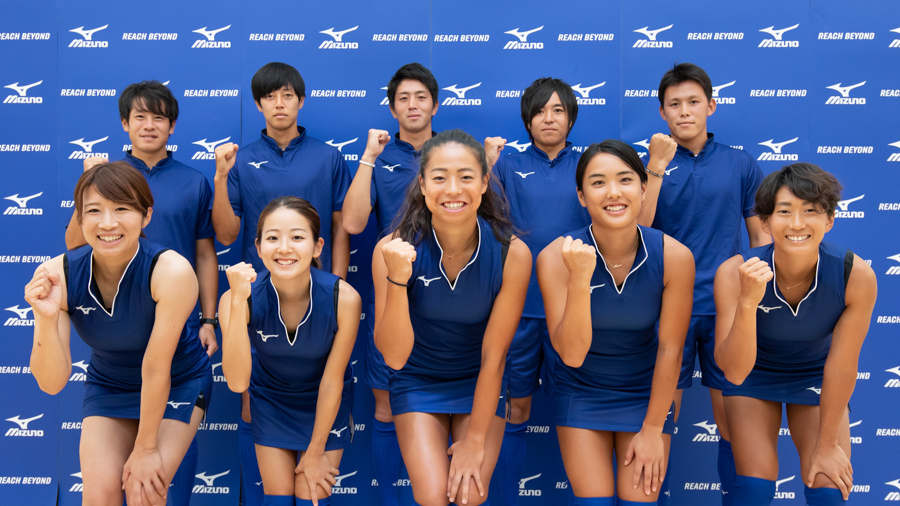
Others|
2019/08/31
Hockey representative from Japan wears Mizuno “Dry Aero Flow”! What is the latest wear that makes a lot of sweat comfortable?
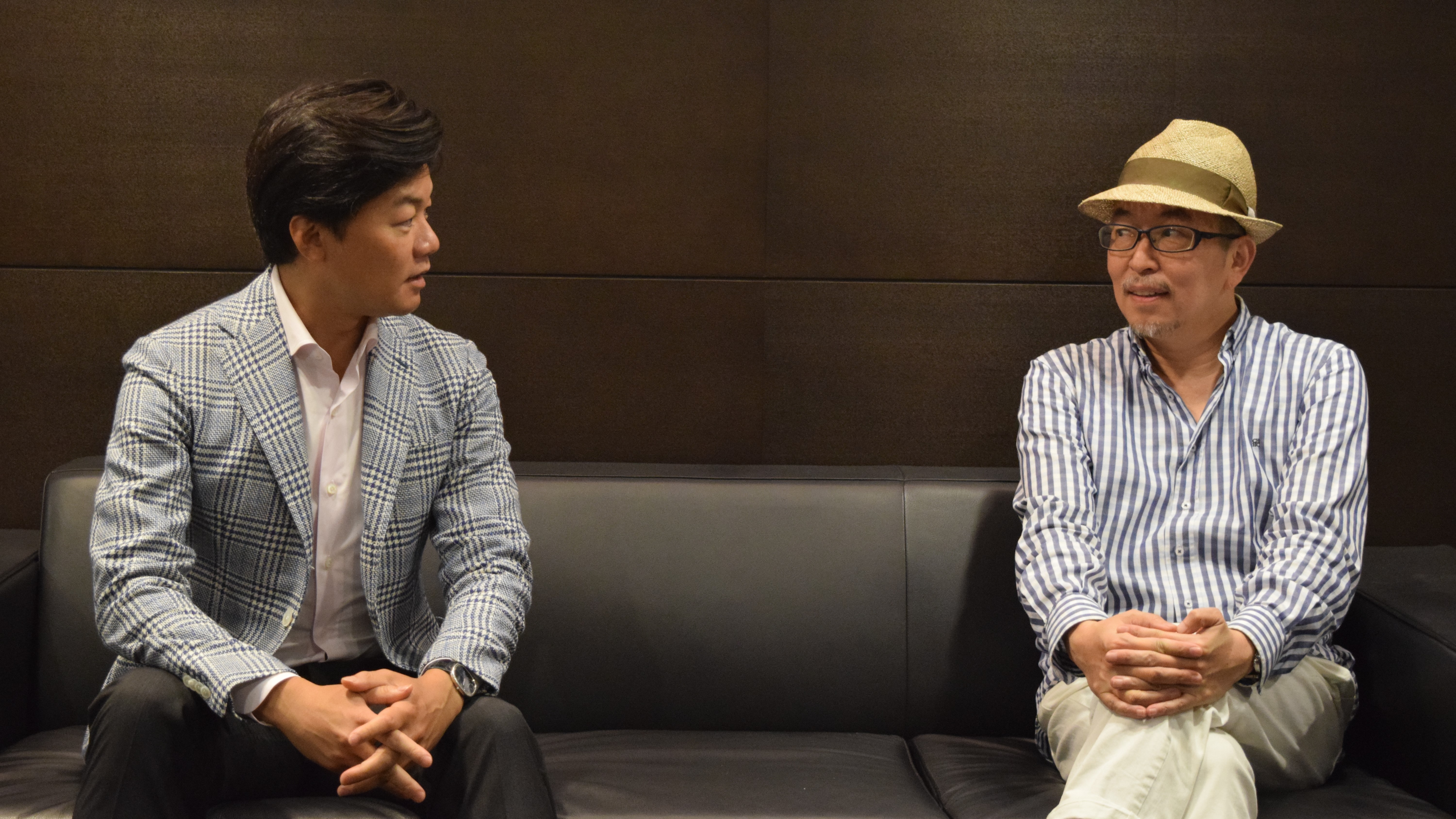
Others
|
2019/08/30
Former Athletic Association Socker Club Member of Parliament! Taichiro Motoei (Member of the House of Councillors & Chairman of Bengo4.com Co., Ltd.) Makes J.League the World's No. 1 League "Episode Zero: Tatsuhito Kaneko (Founder of KING GEAR) Vol.2"
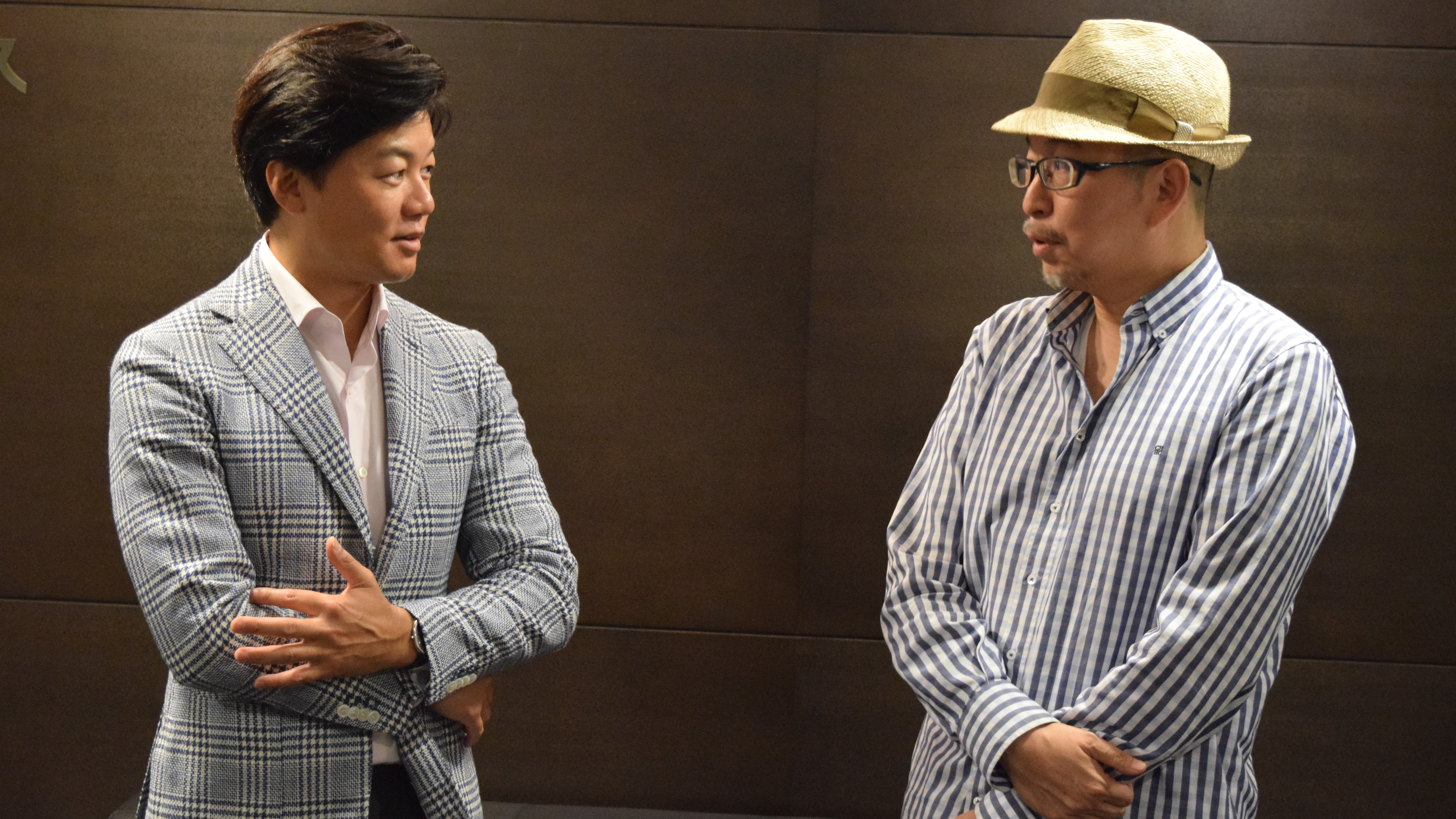
Others
|
2019/08/29
